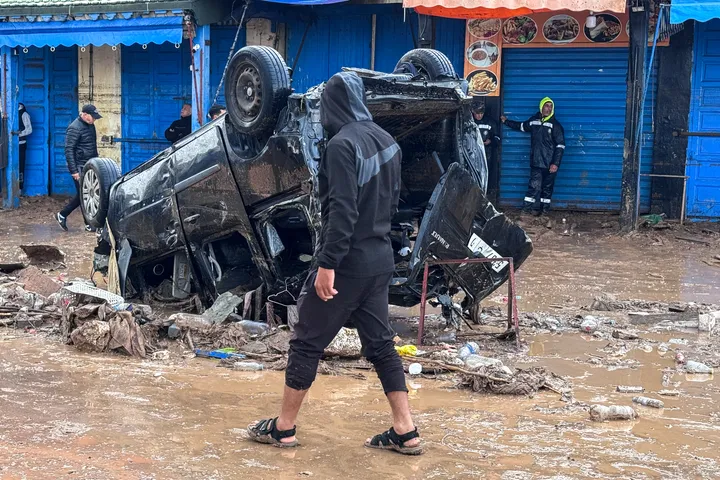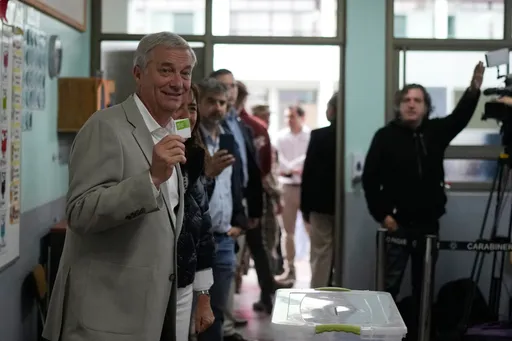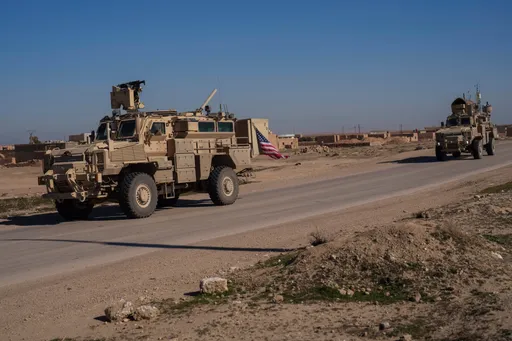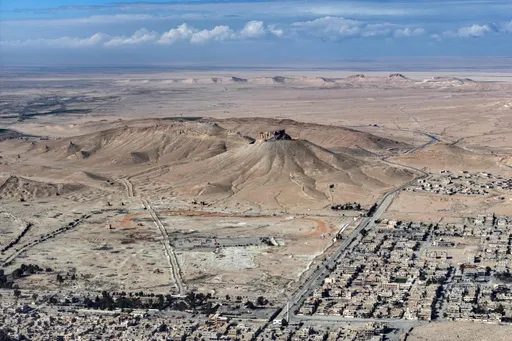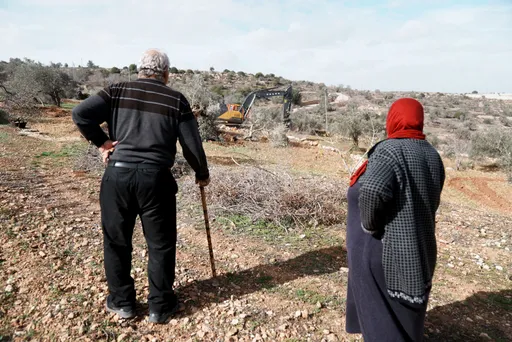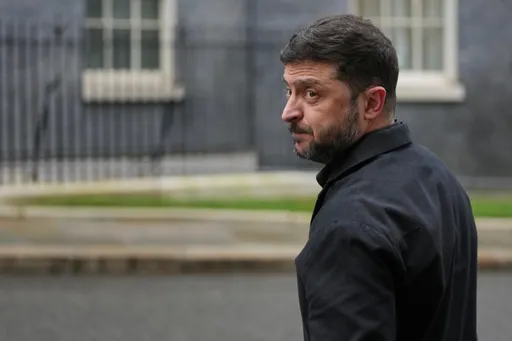In April 2019, warlord Khalifa Haftar and his self-declared ‘Libyan National Army’ (LNA), moved to capture the capital Tripoli from the internationally recognised Government of National Accord (GNA).
The war has displaced over 200,000 people and caused some of the bloodiest military battles the country has seen in years.
Since 2015, Russia has been ramping up its engagement in Libya and supporting Haftar by providing significant military help for his offensive against the UN-backed government.
Whereas Russia is not the only country that supports warlord – the United Arab Emirates (UAE), Egypt and France provide vital support for Haftar.
Without these foreign actors, Haftar’s LNA, a ragtag of different militias and mercenary groups, would not be able to sustain its operations.
Russia's involvement in Libya takes place primarily through the 'private' security firm Wagner, a company with reported ties to the Kremlin, to fight alongside Haftar’s militias bolstering their offensive to seize the capital from the UN-backed government.
However, recently Haftar and his backers have suffered a series of battlefield setbacks in western Libya. Since Turkey's parliament passed a security and maritime agreement signed by the GNA, a direct impact has been seen on the ground in Libya.
Turkey’s support for the UN-recognised government has rapidly turned the tide of the war.
The recapture of al Watiya, a key military base and the push towards Tarhouna, a town of strategic value for Haftar forces and his last major stronghold in the capital’s vicinity, represent a significant blow to the warlord and his backers.
The latest victory was the retaking of the Tripoli airport by GNA forces.
As a result, Hundreds of Russian and Syrian mercenaries supporting Haftar have been pulled back from Tripoli’s frontlines in the last few days. In the meantime, Russia is accused of sending 14 MiG 29 and Su-24 fighter jets into Haftar’s Jufra airbase, eastern Libya.
Africa Command (AFRICOM) assessed that Moscow had recently deployed military jets to Libya through Syria to support Russian mercenaries fighting alongside the LNA. It noted that the jets were repainted in Syria to remove Russian Federation Air Force markings. Furthermore, according to other reports, Wagner recruited Syrians to send to Libya to fight for Haftar’s LNA.
The Russian plan for both parties (Assad and Haftar) is to cooperate under the supervision of Moscow. The Kremlin's military aid to Haftar could be disguised as Assad's if exposed. This might indicate that Russia is there to stay and is constructing an elaborate guise to consolidate its positions.
The US Africa Command said that "Russia is clearly trying to tip the scales in its favour in Libya. Just like I saw them doing in Syria, they are expanding their military footprint in Africa using government-supported mercenary groups like Wagner.”
Under Muammar Gaddafi, the late long-time Libyan ruler, Tripoli and Moscow enjoyed strong relations and significant economic and political cooperation, including arms deals and licensing agreements for Russian oil and gas companies. Russian involvement in Libya has had a historical geopolitical dimension, particularly for Russia's desire to access Mediterranean ports.
According to some media reports, Haftar reached out to the Kremlin for military and financial support in 2015.
In return, he promised to give Russia the energy deals and port access it coveted. Allegedly, Russia accepted the offer and started giving Haftar’s forces military advice, diplomatic support at the UN, and even its own printed money.
Russian state-owned company, Goznak, was accused of printing Libyan dinars and delivering them to an illegitimate institution in east of Libya, over worth over $1 billion – that was later seized by Malta.
The Central Bank of Libya, headquartered in Tripoli, is Libya’s only legitimate central banking entity. The inflow of counterfeit, Russian-printed Libyan dinars over the years has aggravated Libya’s economic challenges.
In early January, militias loyal to Haftar seized large export terminals and cut off major pipelines, aiming to choke the UN-backed government of significant revenue.
Libya’s state National Oil Corporation (NOC) recently announced that oil exports were down by 92.3 per cent since the country’s oil blockade. As a result, Libya’s cumulative losses from the current oil blockade have neared $5 billion.
The Trump administration has long seen the Libyan conflict as a European problem of little strategic matter for American interests. This has arguably provided Russia more room to manoeuvre and exploit the vacuum where Moscow sees economic opportunities and a chance to expand its influence at the expense of Western powers.
Recently however, there seems to be growing concern within the US about Russian involvement in Libya. The US Africa Command said it is considering deploying a Security Force Assistance Brigade in Tunisia to confront Russia’s aggressive military moves in Libya.
In this regard, Turkey has long supported the UN-backed GNA diplomatically, economically and with security cooperation. It seems that Turkish military support for the UN-backed government has been effective on the ground to confront Haftar and his backer’s aggressive military moves in Libya, without practical support from the US.
Given the circumstances in Libya, the US should provide complementary support to the GNA and in close coordination with Turkey as well as with other international efforts, including those of the UN and the European Union.
In a world where that doesn’t happen, Russia could increase its military support in eastern Libya giving it a stronger hand in shaping the political future of that country.
If Moscow strengthens its position in eastern Libya, it would enable Russia to achieve a considerable advantage over NATO and give it further access to North Africa.




